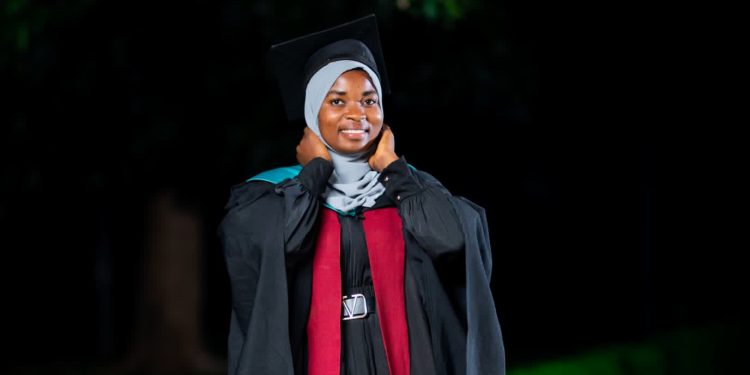 Apart from her role as a wife, the Muslim woman has a very important role as mother. The status and value attached to parents in the Muslim world is very high. The Qur’an says:
Apart from her role as a wife, the Muslim woman has a very important role as mother. The status and value attached to parents in the Muslim world is very high. The Qur’an says:
“Your Lord has decreed that you should worship nothing except Him, and (show) kindness to your parents, whether one or both of them attain old age (while they are) still with you, never say to them ‘Shame! nor scold either of them. Speak to them in a generous fashion. Protect them carefully and say: ‘My Lord, show them mercy, just as they cared for me as a little child'” (17:23-24).
Again Allah says:
“We have enjoined man to respect his parents; his mother bears him with fainting after fainting, while his weaning takes two years. Thank Me as well as your parents; towards Me lies the goal”
It is reported that a man came to the Prophet and asked:
“Messenger of Allah, who is the most deserving of good care from me?” The Prophet replied: “Your mother (which he repeated three times) then your father, then your nearest relatives in order”.
In another hadith the Prophet has said: “Paradise lies at the feet of mothers” ¾ in other words Paradise awaits those who cherish and respect their mothers.
The Muslim mother has consequently a great feeling of security about the type of care and consideration she can expect from her children when she reaches old age. As the verse of the Qur’an quoted above indicates, thankfulness to parents is linked with thankfulness to Allah, and a failure in either of these respects is indeed a major failure in one’s religious duties.
The principles of Islam made explicit in the Qur’an and hadith are belief and good conduct, and good conduct begins at home with one’s closest relatives. A Westerner who has had close contact with a Muslim society cannot fail to be struck by the love and respect given to parents and the honor shown to old people in general, both men and women, as a direct application of these principles of Islam.



















